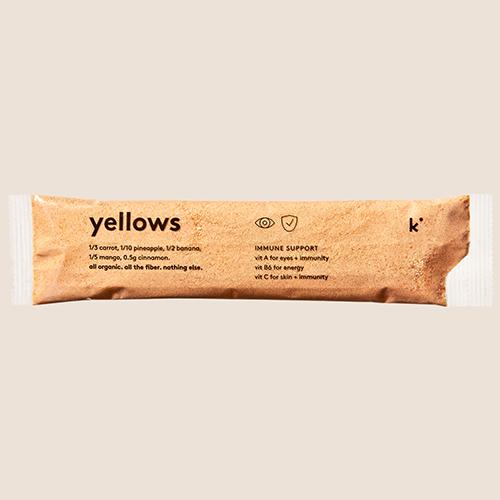Five food-based tricks to help improve your dental health
Regrettably, you’ll still have to brush and floss regularly, but these simple tips can make a difference to the wellness of your pearly whites.
Regrettably, you’ll still have to brush and floss regularly, but these simple tips can make a difference to the wellness of your pearly whites.
Forgive us if we’re stating the obvious, but your mouth – teeth, tongue, salivary glands, and all – is part of your body. We’ll also perhaps unnecessarily remind you that nutrition can play a major role in the health of every part of your body.
Add these two statements up, and what do you get? Something to the effect of what you eat and drink each day impacts your dental hygiene, even if you’re a habitual flosser and brusher.
Don’t worry. This isn’t a blog post to chastise you for neglecting to floss every night this week. Nor is it a plea to completely overhaul your diet and lifestyle in the interest of whitening your chompers for purely cosmetic reasons. It’s merely a short list (a listicle, even!) of tiny, healthy tweaks you can make to your diet that’ll be sure to impress your dentist at your next checkup.
Eat more fresh fruits and veggies (1)
Stop us if you’ve heard this one from us before, but fresh fruits and vegetables are very good for you. (Consider this your regular reminder from kencko to get your five-a-day!) It’s only natural they’d be good for your teeth as well. Fiber found in fruits and vegetables can actually help remove plaque from teeth, massage gums, and stimulate saliva production, which cleans teeth further after eating. Plus, produce like citrus fruits contain vitamin C, an antioxidant shown to support cell growth, which – guess what? – everything in your mouth is made of!
Wet your whistle with the right stuff (2)
Okay, so water’s not technically food, but it’s so important we couldn’t help but include it in our roundup of foods to eat for improved dental health. For starters, with every sip of water you wash away food particles that mouth bacteria love to feast on. Water can compensate for lower-than-desired levels of saliva. And studies have shown that fluoride added to water may prevent tooth decay and cavities – 63% of Americans’ sources of drinking water are fluoridated.
Keep the calcium coming (3)
If there’s one factoid from this blog we hope you can take with you to bar trivia nights or invitations to share a “fun fact,” it’s this: teeth are not technically bones. That said, the enamel protecting your teeth requires calcium to keep up its strength and ward off cavities and tooth erosion. Dairy products like milk, yogurt, and cheese are good sources of calcium, but there are plenty of plant-based sources of the stuff as well: most beans, almonds, and leafy greens all pack calcium naturally, and foods like tofu and nut milks are often fortified with calcium, too.
You’re gonna like this one – it involves tea, wine, and chocolate) (4)
Polyphenols are a class of molecules found in a variety of plants that have been found to possess a wide range of health benefits, including antibacterial properties. Sounds pretty good, right? Well what if we told you that some of your favorite things are natural sources of polyphenols? In addition to those fresh fruits and veggies we’re always going on about, polyphenols are also found in black and green tea, coffee, dark chocolate, and red wine. That said, regular coffee, black tea, and red wine drinkers should be aware that these darker-colored liquids can also stain teeth – green tea and chocolate won’t!
Don’t skip dessert, just time it better (5)
There’s no getting around it: starchy, sugary, sticky treats get lodged in your teeth and invite a host of bacteria to go to work in hard-to-reach crevices of your mouth. That’s not to say you should entirely cut out the sweet treats from your life – but you’ll do your mouth a favor if you time your dessert right at the end of a regular meal, when saliva production is already heightened, and already hard at work cleaning your teeth.
See? That’s not too bad is it? Drink water, keep striving to hit your five-a-day, tend to your sweet tooth with some after-dinner dark chocolate, and drag yourself over to the sink to brush and floss before bed – and after getting out of it. Your teeth will thank you!
there's more good content where that came from
